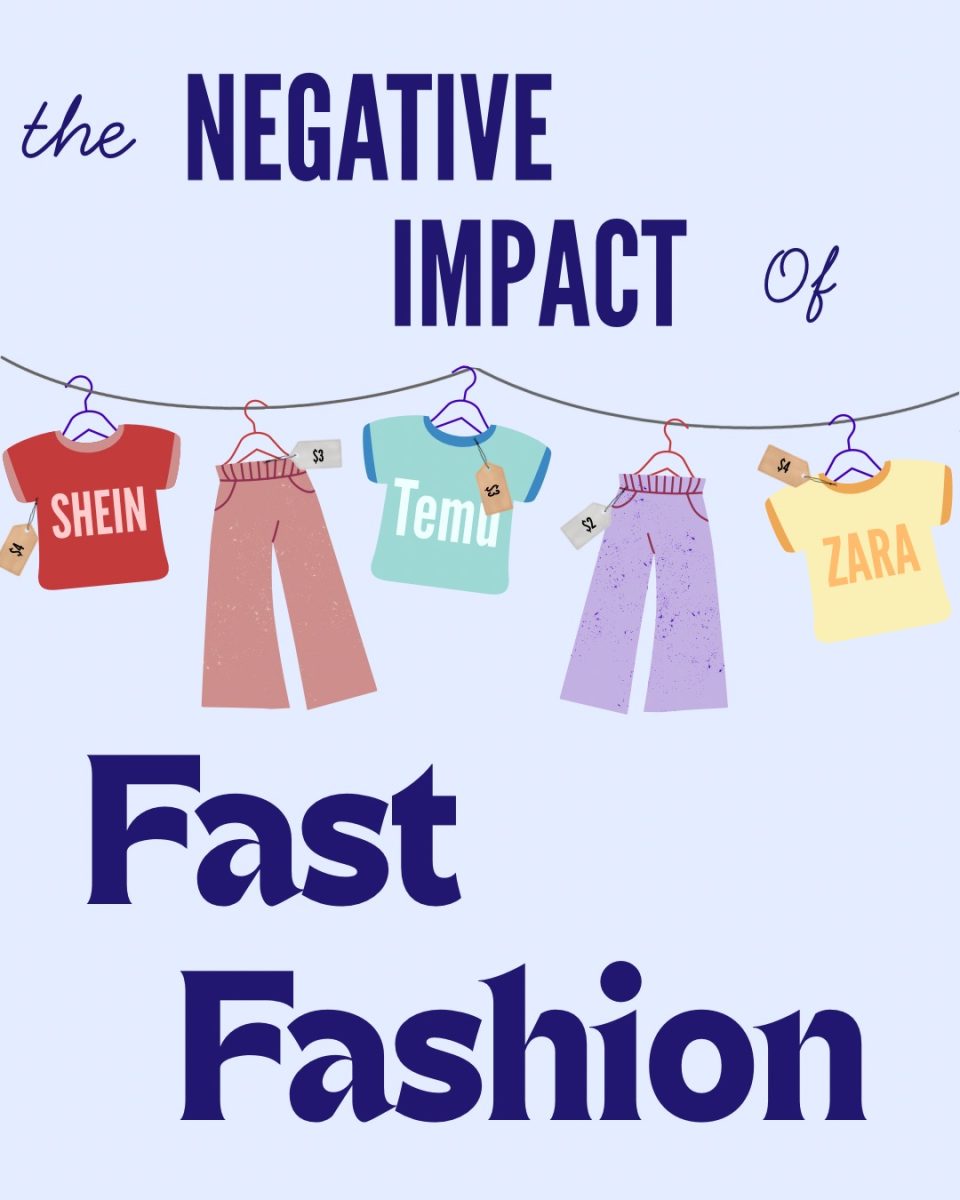After a probate…sex, after a movie…sex, after a bike ride…sex, after dinner…sex, after an altercation…sex, after a party…sex, he or she comes to your dorm room or the apartment…sex. Stop. Think.
Can you see yourself with that person in the next five to 10 years? Will he or she be a great provider for the two of you? Please don’t tell me you guys have been talking for six months therefore it’s time to take it to the next level.
What will you gain from having so much sex with so many different people? I’ll answer it for you. Nothing. Nothing at all.
What a man and woman share should be something special, it’s supposed to last for a long time, a very long time. It shouldn’t just last three months, two years or five years. It should last an eternity.
Nevertheless, young college students like us make “love” look so crazy and out of style. We don’t know what the meaning of true love is and you would be lying to yourself if you said you do. It is honestly the most hurtful feeling ever to see a break up happen with your best friend and his or her significant other, knowing that after the sex was done, it was time to move on.
It’s time for us to think. It’s totally normal to date, flirt, play and have your certain crush but the truth of the matter is, we have to know how far to take certain things.
The term “waiting until marriage” has gone out of style for a lot of people. But as for me, I think it is the most beautiful thing ever. Of course you might read this and say, “It’s my life and I can live it how I please.” But at the end of the day, who are you pleasing?
There are diseases out there such as Syphilis, AIDS/HIV, and other STIs but it’s us who can prevent them by being wise and abstaining from sex.
And nowadays it is all backwards. People are realizing they “love” you after having sex with you. When in actuality, they should love you for who you are first, marry you and then you guys shall proceed with sexual intercourse.
When young people are in relationships (after the sex is over), they usually say things like, “What are you doing, I miss you” or they’ll receive a text saying, “I miss u,” or “I love you.”
In actuality, they miss whatever was given or done, which the sex.
When you’re in relationships, dating or participating in one-night stands, you’re going to realize later all of those things will not last.
Young college students should actually take time and wait on their mate who will have a strong purpose in their lives and be there for a reason, and not just for sex.
When sexual intercourse takes place in relationships, emotions become greater, the attachment increases and the trust issues start to appear. It only takes one time, one second and one day to create a powerful mistake, which is sex.
My words of wisdom are to let everyone know, you should be able to know what you want out of life.
Date yourself and enjoy you and who you are, before giving yourself to others. How could you share yourself if you haven’t learned to love yourself? And again I ask, what’s so great about sex?
Chelsea Wyatt, psychology major





Brandon Hall • Apr 19, 2013 at 12:08 am
Thanks, Tom, you certainly are right about that. I am accustomed to receiving arguments that are anything but objective, so I probably am guilty of acquiring some of that myself. “If you gaze into the abyss the abyss gazes also into you,” as the saying goes.
That being said, Ray’s self-report study, while certainly not exhaustive or acceptably complete, is a good starting point for future research. We often need to make mistakes to find out where our shortcomings lie, and this is as true of social sciences as it is for anything else. Since his major question was “How has your sex life improved since you left religion?” it was nigh impossible to conduct an undeniably representative sampling, since the target demographic is one that is necessarily unbound by geography or social status. Questions about sex are always difficult in sociology, even more so when researching a question like his! I think it is a good study, or at least as good as it can be at this time, given the nature of the question and the difficulty of finding a representative sample. In any case, it is important for all social scientists (a title for which I aspire to be worthy some day, as my primary interest is in sociology) to remember that what they discover is not “fact” as a physicist or chemist would understand it. We should always expect that we are probably wrong at least on some detail. The key is moving towards the truth as steadfastly as we can manage, even if we never can know it entirely. This is Ray’s major problem with religious (and some cultural) institutions regarding sexuality, as we can see in the original author’s opinion. They usually seek to gloss over the complexities of the human condition with a one-size-fits-all approach, under the banner of their god, to how we all should conduct our lives, lest we exist in sin or otherwise unacceptable lifestyle warranting unhappiness, judgement, punishment, damnation, and even execution in some fundamentalist religions. Religions make claims of what is acceptable behaviour and attempt to force humanity to fit into those claims, rather than the more humane approach of seeing where humans naturally fit and adjusting our expectations to fit our nature. There are claims by religions that are simply wrong about how humans actually work, and that would be fine if people did not insist that, against all evidence, they are the only acceptable options.
Thanks again for the much-needed advice, Tom. It is always good to have someone calmly point out when we could do better. I hope we each can continue to contribute to a greater mutual understanding.
Tom • Apr 17, 2013 at 4:05 pm
Hey, that’s more like it! I am familiar with Darrel Ray’s work. You are aware that his research was limited to an online self-reporting survey of self-identified secularists. Not exactly what I would call a rigorous scientific study. It is interesting in the way it gives insight into this particular worldview to which the research is limited. I would not attempt to pass it off as fact though. Which goes back to my word choice. Dogmatic: characterized by or given to the expression of opinions very strongly or positively as if they were facts. I would definitely put Darrel Ray’s work in the category of opinion. No matter how much any of us agree with or disagree with him, it is still opinion. There is just not enough research behind it at this time.
So I stick by my original statement. I want to see people argue well. Your passion is commendable, but in some ways it can hinder your argument by clouding your objectivity.
Brandon Hall • Apr 16, 2013 at 11:41 pm
I’m sorry, Tom, but while I am happy to provide evidence for what you think are dogmatic truth claims, I do not know what exactly you refer to. I made some claims regarding human sexuality that are widely known and accepted by the scientific community. Presumably social sciences and biology are good enough for making a truth claim here?
Specifically I implied that humans do not necessarily conform to modern social norms of sexuality, and this is an obvious fact that we see playing out in politics on a daily basis be the growing civil rights movement in the LGBTQ community. There are of course various other claims I could make that fit in here, such as the unnaturalness of monogamous relationships, and the claim I did in fact make that marriage is itself an unnatural phenomenon, at least in the long-term sense that marriage is supposed to imply in our modern understanding of it. This is of course not to say it doesn’t have its benefits or role in our society, so don’t think I’m some sort of revolutionary espousing (marriage pun, sorry) that we eliminate marriage. Rather I am stating that marriage should not be seen as some sort of necessary, sacred aspect of society that is above criticism and that those who have lives that involve sex outside of marriage should not be misrepresented as “meaningless” as the author claimed. Anthropologists and sociologists can offer many examples of societies that did not or do not use marriage or even monogamous models for their relationships.
I made a claim that marriage itself is a social construct used to control women’s sexuality and their capacity for reproduction. This is not a new idea, and in fact is represented not just in scientific texts but even in the religious texts of the Abrahamic tradition. I am not walking on new ground here. Anyone familiar with ancient history and religious traditions will know that virginity was highly prized because of the value of verifiably legitimate children. That being said, this is actually a relatively new concern on the grand scale of human history, specifically it follows closely from the development of agriculture. Prior to agriculture and long-term settlements (specifically where property was conceptualized as a hereditary possession for children), humans did not care about who sired whose children. In fact, many of these sorts of pre-agricultural societies were matrilineal if they cared about family heritage at all.
If you would like to read more on these topics, I suggest you take a look at Carl Sagan’s “Shadows of Forgotten Ancestors” (1993) and Darrel Ray’s “Sex & God” (2012). Sagan’s book is much more topical diverse and as everyone knows his writing is stellar (space puns now). Darrel Ray’s book is very matter-of-fact and to-the-point about sexuality and the important role it plays in human (and primate) society, and examines with great detail the effect of cultural and religious conventions on human sexuality. I have only recently finished it, but I promise it is very insightful and worthy of a reading.
You’ll forgive me if I say again, these are not what I would consider “dogmatic” claims but rather the claims of actual reports of observed phenomenon and research. I am sorry if it does not measure up for you, but if you think it will help I will happily go into greater detail if needed. Further, I will happily answer any specific inquiries, so please do not be shy.
Tom • Apr 16, 2013 at 2:37 pm
I know this is the Opinions page, but it would be nice for either of you, Chelsea or Brandon, to back up your truth claims with something more than dogmatic rhetoric. These are the kinds of statement that are meant to end conversations, not to foster any sort of intelligent dialogue.
Nikki • Apr 16, 2013 at 2:20 pm
I have to agree with everything Brandon said, and I have one more to add: Chelsea, do you think all marriages last until the death of one party or the other? Does a divorce cheapen the sex that happened in the marriage? Just because it’s harder to break up once you’re married does not make it impossible. Also, what about someone whose spouse dies young. Should that person abstain from sex forevermore because you’re only ever supposed to sleep with one person (which is what I inferred from your letter)?
Chelsea Wyatt • Apr 23, 2013 at 3:06 pm
thanks so much!
Laralizzle • Apr 16, 2013 at 1:27 pm
Oh, dearie. From a woman to a woman, let me tell you a little secret. Love and marriage are social constructs. I’m assuming you’re coming from a religious background, and I’m going to assume that that religion is Christianity as represented by one of its numerous and varied denominations. You probably believe that the Bible teaches that marriage is “one man, one woman.” A more realistic look at marriage in the Middle East (where Christianity, Islam, and Judaism came from) would be to imagine an older man with several women – some as young as thirteen and some as old as forty. They were breeding machines, meant to expand the man’s empire by providing him with as many children as possible. It was essential that they be virgins at marriage (proven by an examination of the hymen, which is not always accurate – I lost mine long before I had sex!) to ensure that they were not carrying another man’s child. It was a very primitive institution.
An excellent book to read would be Jessica Valenti’s “The Purity Myth” which details the way Christians disproportionately place the onus of “purity” (also a made-up concept) on women’s shoulders.
I am 23 years old, and have had sex with 11 people. There, I said it. That’s my number. Am I ashamed? Of course not. Why would I be? I engaged in safe sex practices – using protection and getting myself/my partners tested before contact. I use oral contraceptives now, and have been with my boyfriend for over two years. We talk about marriage sometimes. We talk about how it isn’t relevant to our lives at all at this point, but that we may want to hold a ceremony for our families at some point, probably when we graduate. But that’s a long way off and really, what’s the difference between having sex now and having it later? I’m afraid that if you’re anything like most Christian “purity” advocates you believe that sex is some magical event that will blow your mind and change your world. I’m here to tell you that it is, AND it ISN’T. It’s a big deal in some ways, and certainly can be lots of fun, but it’s also Just. Sex.
I know too many young people brought up in extremely conservative homes that married much too young simply because, whether they realized why they were doing it or not, they thought it was the only way they could have sex. They confused these intense lustful feelings for real love and married a partner, boned as soon as they left the ceremony, and then regretted their decision and ended up getting divorced or saying, “I really wish I had -just- slept with that person and gotten it out of my system and gotten over it. Now I’m stuck with them for life!”
Now here’s a twist – I still believe that sex can be sacred, meaning that we, as individuals, can assign sex great personal value between ourselves and our partners. I have very loving sex with my partner. It brings it closer. It relieves stress like nothing else. But do we need to run out and get married right now? No, we really don’t. Am I dirty or impure or unclean? No. Not as long as I shower and wear deodorant. Do I feel judged by out-of-touch conservatives who haven’t had any life experience? I sure do!
Educate yourself, knowledge is power! 🙂
Chelsea Wyatt • Apr 23, 2013 at 3:06 pm
thanks for your reply i am so glad you read it good luck with your sex life!!!! 🙂
Brandon Hall • Apr 16, 2013 at 9:07 am
A psychology major should know that a) sex is a tool for social bonding, integration, and not just for reproduction. Our fellow primates have taught us about that for decades now. One should also know B) marriage is a social construction that has only recently had the slightest thing to do with love and in fact is around today because in the past it served to control women’s sexuality and reproductive capacity.
This is just another example of a social conservative trying to sell us guilt or god or both and using their association with a respected field as leverage instead of presenting an actual argument.
In ten years I probably won’t be with the people I have sex with now, this is probably true, but that doesn’t make the sex I have now meaningless at all. The only person here who cheapens my more intimate friendships here is the author. Do not try to pave over all of human sexuality with your ill-informed fairytale version of reality. I suggest you branch out and take some sociology classes so you can see that there are successful paradigms of human interaction including sexualities that definitely do not fit your cookie-cutter expectations of human behaviour.
Chelsea Wyatt • Apr 23, 2013 at 3:03 pm
thanks for your reply so glad you read it!
Cebus • Apr 16, 2013 at 8:13 am
The sheltered freshman psychology major who brought us “beating your kids” is back with sage advice on human sexuality.